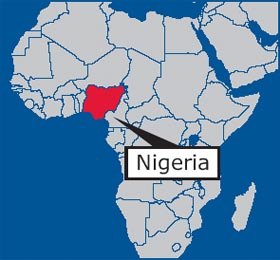 Any nation can be summed up by what it remembers and forgets about its past. That is why in America the loudness that accompanies July 4th is matched only by the silence that follows January 1st, the day slavery was officially brought to an end. It’s not that the end of slavery has no meaning for Americans but that it is an occurrence that requires both moral and political effort to remember.
Any nation can be summed up by what it remembers and forgets about its past. That is why in America the loudness that accompanies July 4th is matched only by the silence that follows January 1st, the day slavery was officially brought to an end. It’s not that the end of slavery has no meaning for Americans but that it is an occurrence that requires both moral and political effort to remember.
In Africa, one of the many casualties of cultural forgetting is the Day of Independence. Colonialism ended without leaving the world surprised for too long, just like the cold war. One day it was here, the next it wasn’t and the world trundled along nonchalantly. Besides the timid fireworks and flags fidgeting in the wind and looking strangely battered for being so new, there was not much to commemorate these independence of convenience. Not to beat around the bush, independence was a fiction that took place mainly in the heads of colonialists and anti-colonialists alike: a couple of imaginary conflicts, promised battles, and eventually a truce. That is why, apart from the fact that it’s a vacation day, Independence Day has very little significance in many African countries. It is not worth remembering, not because it is not a historical fact but because it represents a weird historical moment that no one can really make sense of.
For Nigeria, the 1st of October will mark 50 years. My question: 50 years of what?
Photo Credit: Top News








click May 27, 2012 08:18
How do you make your blog look this cool! Email me if you get the chance and share your wisdom. Id appreciate it.